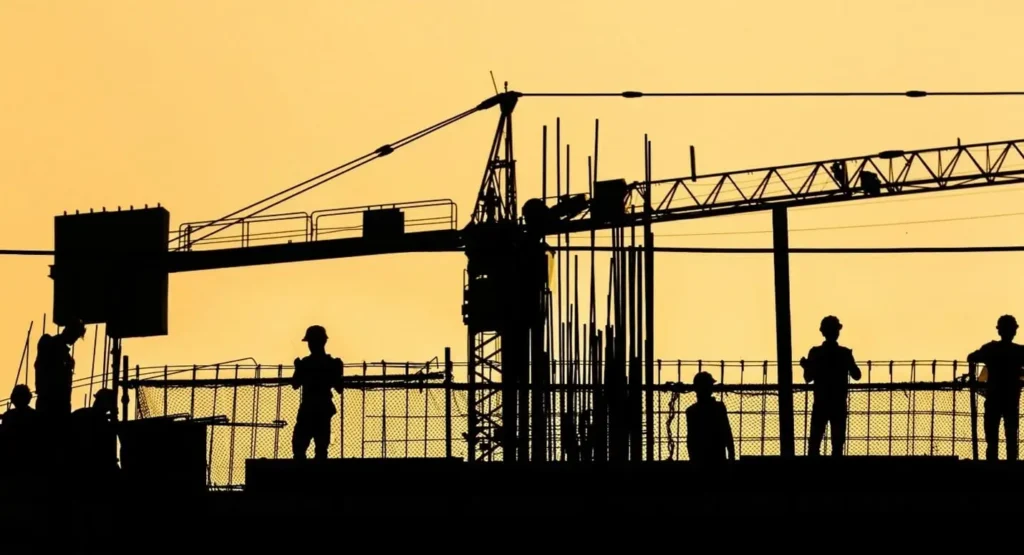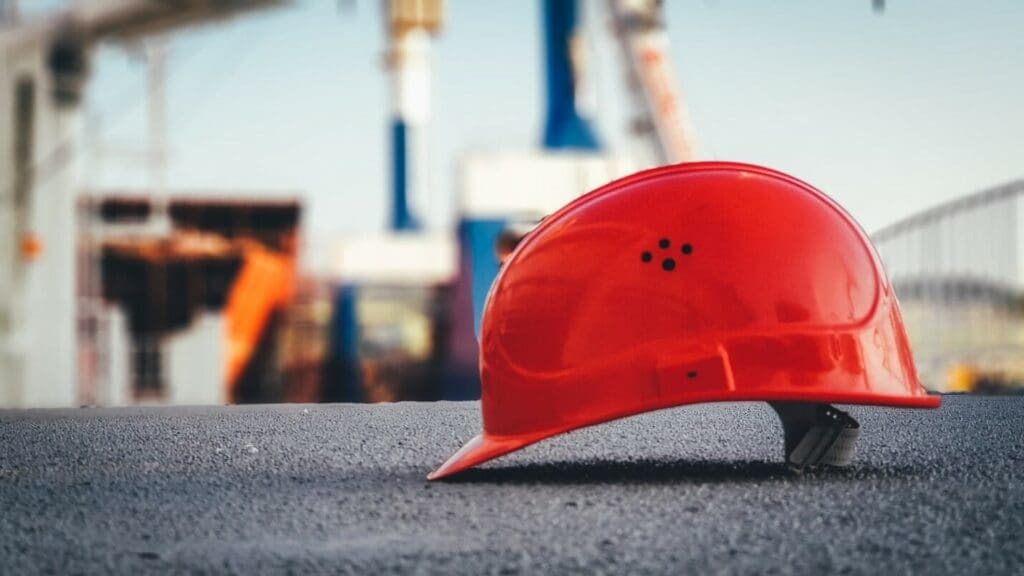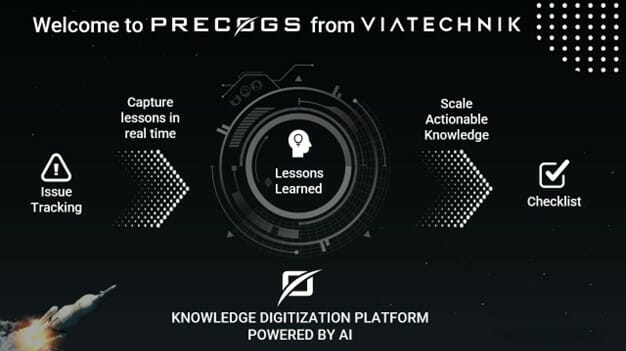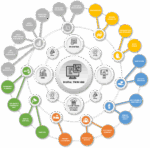
Knowledge Digitization: A Game-Changer for Construction Outcomes
There is an opportunity for the construction industry to think differently about how it captures knowledge and how to put that knowledge to work. Considering some challenges and unsustainable trends the industry is facing, the time to act is now.

The unsustainable state of the construction industry
The US construction industry is at a moment in time where tremendous macro trends render the status quo unsustainable. 93% of construction firms have open positions that they have difficulty filling, signaling a worker shortage. And this shortage is only expected to worsen as we consider the aging workforce. One in four construction workers is now over the age of 55, and the retirement rate is outpacing the rate of new skilled workers coming in.
The industry is also faced with a “rework pandemic.” An average construction project suffers 6% avoidable direct costs due to rework. When you consider this stat across the $2.1-trillion US construction industry, an estimated $117 billion may be lost annually due to avoidable costs.
So, what is the result? Some could argue that construction firms are failing their clients. Seventy-eight percent (78%) of owners report that their construction is over budget, with an average of 70 days late. Let’s equate this to our everyday lives. Imagine going to your favorite online retailer and making a purchase. During this experience, you are clearly told how much this item costs and when it will arrive. But what if you unexpectedly received an alert that the cost had suddenly increased 20%, forgot about your 2-day guaranteed shipping, and your item is coming in over a week? This would be unacceptable, but this is what owners are being told by our industry every day.
How are these challenges playing out for companies across the construction industry? They recognize these challenges, but solving these problems and competing successfully in this landscape is incredibly difficult. So, we hear leaders say, “We need our A-team on this project” or “I’m going to put my best superintendent on the job.” But what are the often-overlooked trade-offs behind these moves? How often do we ask, “Which project didn’t get the best superintendent?” That is a risk that companies need to know they’re taking.
If we do nothing, where is the industry heading? The average age of the current workforce has increased to 42.5 in 2022, according to the Bureau of Labor Statistics, which means an estimated 41% of our workforce will retire by 2031. This shrinking construction workforce is leaving a major knowledge void. We are at a pivotal moment, and if we don’t act now, things will get worse. If we look ahead to a potential recession, it will force people out of the industry. Now is the time for industry leaders to ask ourselves, “How can we get better? Where is this knowledge going to come from?”

What are construction leaders saying?
Leaders from across the construction industry are yearning for a better way to capture their knowledge and put it to work to improve their organizations.
At VIATechnik, we work with hundreds of leading firms, and we see a few consistent themes.
There is an opportunity to improve how we share knowledge – across organization silos and across the bounds of teams, of projects, of time.
I’m looking for a bridge-builder between the fragmented stakeholders in my ecosystem. We’re learning something in one part of the organization that is completely disconnected from another part of our organization that desperately needs that same learning.
There’s a need to take what we’ve learned from one project and bring it to the next project as a way to improve continuously.
We’re failing to learn from project to project. In fact, in my organization, we built four nearly identical projects around the country and hired the same design firm in hopes of getting better, but surprisingly (or not surprisingly), we got worse.
Every day, our most important asset, people, leave our company.
We paid a guy to stay an extra six months before retirement simply to write down everything he knows. We knew when he left the company, we were going to lose big-time, exponential amounts of knowledge.
We need to stop making the same mistake twice.
We build rework buffers into our budget because we know something is going to come up one way or another. The sad thing is every time we use it, someone says, ‘What happened here? Why didn’t you ask me? We already made that mistake!’
What is VIATechnik doing about these challenges?
We should collectively do something about this problem. Over the past few years, we at VIATechnik have focused on how we learn – how we create, collect, and scale knowledge across our organization. Core to VIATechnik’s value proposition is ensuring that when a team shows up on our project, we don’t just bring the experience and expertise of that team, but instead we bring the experience and expertise of that team backed by the collective insights of the entire VIATechnik team – everything we’ve done and learned since our founding. It was time to think innovatively about how to capture learning in real-time, how to take learning from one project and make it actionable on our next projects, and how to break down silos to transfer knowledge across our teams. With those ideas, our knowledge digitization platform Precogs was born.
At the core of the Precogs platform are lessons learned. The larger the database of lessons learned, the more powerful the products. We drew from best practices of how organizations like NASA and the military learn and designed a platform aimed at allowing us to go from incremental knowledge transfer to exponential knowledge transfer. One of the ways we do that is through issue tracking, ensuring that in real-time as we learn on that project, there is an opportunity to capture lessons learned and bring them into the system. But it is vital that we move from data to insights to action. We need to take those lessons learned to create insights and to make them actionable, and we do that through our checklist module.

It’s time to challenge the “you learn just by doing it in the field” assumption
It’s time to think differently about how we learn, capture, and scale knowledge across the organization. The traditional way of learning “just by doing it in the field” needs to be disrupted. We simply cannot afford to do it any longer. Why? Because it’s too slow and inconsistent.
This was the spark that led to the creation of Precogs, the AEC industry’s first knowledge digitization platform. And this is the beginning of a paradigm shift in how our industry will improve outcomes. To learn more, check out VIATechnik’s webinar, Digitizing AEC’s Next Frontier: A Precogs Launch Event.



